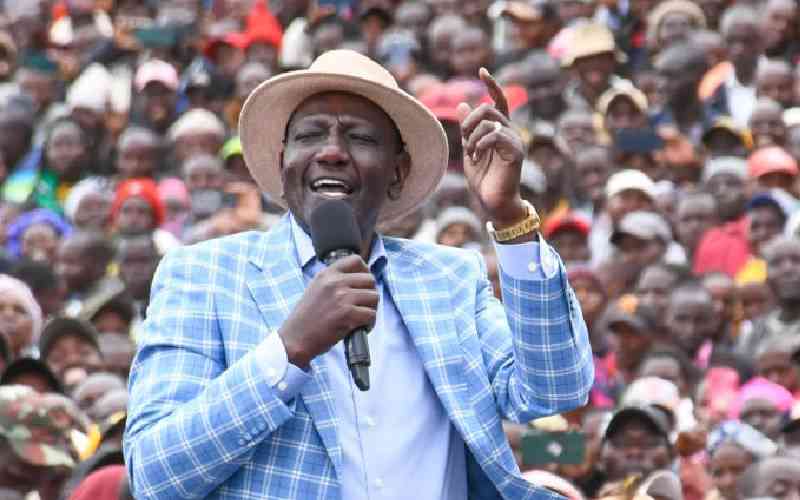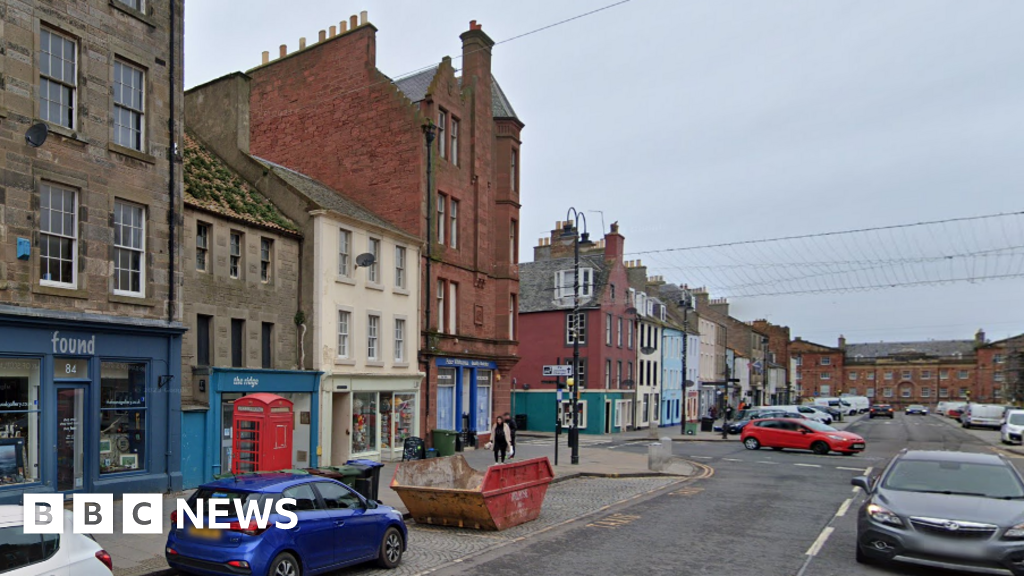Jebba Dam Water Release Destroys 1,097 Hectares Of Farmland, 544 Farmers In 32 Niger State Communities Affected -NEMA | Sahara Reporters
The flood, which resulted from the dam’s water discharge, submerged and destroyed irrigated rice farms along the banks of the River Niger, causing significant losses.
Uncontrolled release of water from the Jebba Dam has washed away over 1,097 hectares of farmland across 32 communities, affecting over 544 farmers in Mokwa Local Government Area of Niger State.
The flood, which resulted from the dam’s water discharge, submerged and destroyed irrigated rice farms along the banks of the River Niger, causing significant losses.
The National Emergency Management Agency (NEMA), Minna Operations Office, in a statement stated that it conducted an assessment of the affected communities and farms on Thursday, February 6.
Officials from the Niger State Emergency Management Agency (NSEMA), the Nigerian Red Cross (NRC), community leaders, and the Personal Assistant to a member of the House of Representatives were also present during the assessment.
NEMA confirmed that the flood had devastating effects on farmers, destroying crops and rendering vast stretches of farmland unusable.
Meanwhile, SaharaReporters had earlier reported how over ₦2 billion worth of rice investments were lost in a single day after water was reportedly released from Jebba Dam in Niger State, flooding Shonga in Edu Local Government Area of Kwara State.
Thousands of farmers were reportedly affected.
In the report, some of the farmers recounted their losses, with at least three people reported dead due to shock, while several others have been hospitalised.
SaharaReporters learned that many of the affected rice farmers had obtained loans from various sources, including government agencies, to fund their farms. However, they were caught off guard as the flood submerged their crops.
Some affected farmers told SaharaReporters that Jebba Dam usually releases water during the rainy season, and they are typically given two months' notice—usually in August and September. However, this time, no prior warning was given before the release of water.
The farmers lamented that they only cultivate rice during the dry season, vacating the area during the rainy season to avoid flood-related losses.
SaharaReporters visited the Emir of Shonga's palace, where local chiefs corroborated the farmers' accounts.
Follow the Sahara Reporters channel on WhatsApp: https://whatsapp.com/channel/0029VaFClvtH5JM6SSsP7M2Y











